Media praised for countering Indian narrative
.
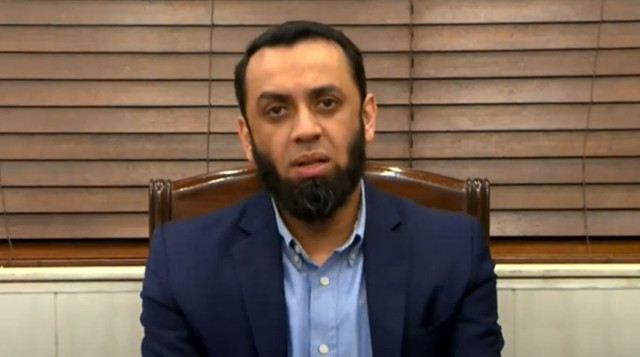
Information Minister Attaullah Tarar on Friday praised the media's role in countering Indian narratives during the conflict, describing the period as "extraordinary circumstances".
Addressing a meeting of the Council of Pakistan Newspaper Editors (CPNE) in Islamabad, Tarar commended journalists for delivering Pakistan's message to the world against India's far larger media machine.
"Right from the beginning, it was a war of narratives," he noted. "The enemy had greater resources, international interest, lobbying and PR firms. International media outlets had employees of Indian origin because of their greater population."
Tarar stressed that Pakistan's strength lay not in numbers or resources but in "having the truth." "The truth cannot hide or be countered," he said. "While the prime minister asked for an inquiry into the Pahalgam attack at Kakul, India was levelling allegations without evidence."
The minister highlighted a "synergy" between the armed forces and the information ministry during wartime, crediting the ministry's "state-of-the-art data centre" as crucial in fighting the war of narratives.
He thanked the Inter-Services Public Relations for their coordination. "This war was fought by everyone together, with your help and your content. The way things were written and disseminated was a team effort."
He said the united effort boosted Pakistan's image globally. "Across the world, people have greater respect for Pakistan and take us seriously," he said. "There was this false glorification of 'rising India', how it was this big economy and rising power in South Asia. That same Modi has to give fake medals in countries whose names we have never heard of."
He added that while Pakistan spread factual information, "they (India) were spreading as many lies".
He argued that Indian media had been "terribly exposed," while Pakistan's media became an extension of its diplomatic efforts and a spokesperson for its foreign policy.
Quipping about India's failed designs, Tarar said the Pakistan Navy was ready for any Indian engagement. "When the enemy found they could not destroy Karachi port, they destroyed ports in Multan and Lahore instead," he said, alluding to the Indian media's widely ridiculed reports about ports in cities where none exist.
Responding to Indian media claims that Pakistani journalism was "adrift," Tarar said: "I'd like to say to that person that they should be ashamed of the lies and propaganda and how they are being mocked globally."
The information minister hailed the CPNE as a "wartime cabinet", adding that its role in narrative-building and "standing shoulder to shoulder in defence of the country" would be remembered as part of Pakistan's collective effort during the conflict.


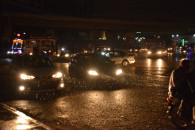
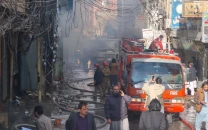
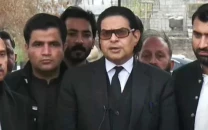
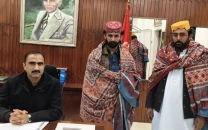
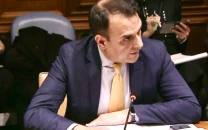
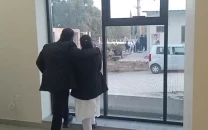


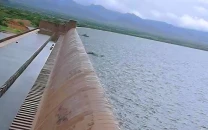
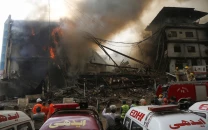
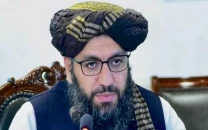







COMMENTS
Comments are moderated and generally will be posted if they are on-topic and not abusive.
For more information, please see our Comments FAQ